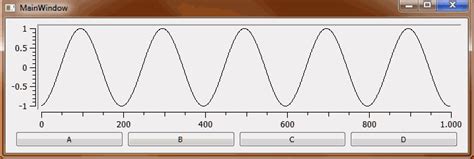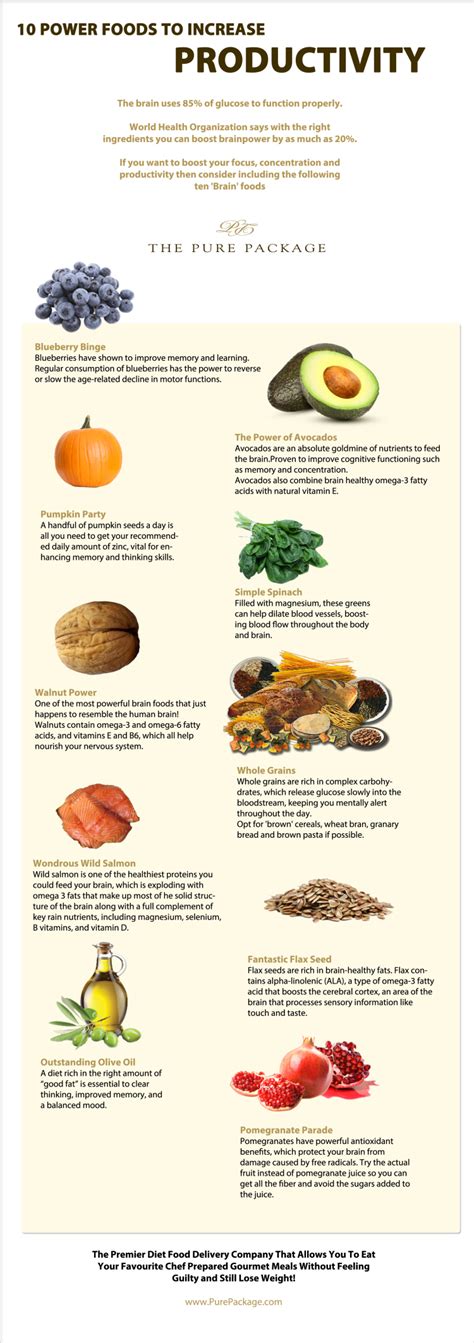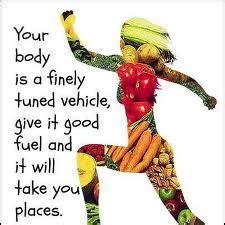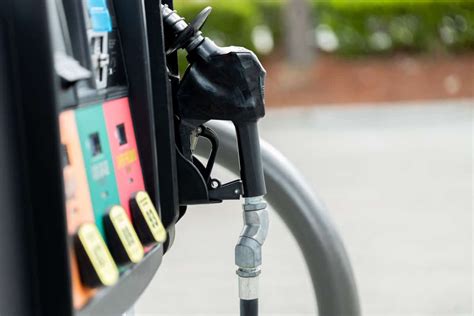Drive Smarter, Not Harder: Men’s Guide to Fuel Efficiency
Fuel costs are a significant expenditure for many households, and for men who often take pride in their vehicle’s performance and efficiency, finding ways to cut these costs is a smart move. While the price at the pump might be out of our control, our driving habits and vehicle maintenance routines are entirely within our power to optimize. By adopting a few key strategies, you can significantly reduce your monthly fuel bill without sacrificing your independence on the road.

Master the Art of Smooth Driving
Aggressive driving is perhaps the biggest fuel guzzler. Every sudden acceleration or hard brake consumes more fuel than necessary. Training yourself to drive smoothly is foundational to saving.
Gentle Acceleration and Braking
Think of your accelerator and brake pedals as delicate instruments, not on/off switches. Accelerate gradually, building speed steadily rather than flooring it. Similarly, anticipate stops and allow your car to coast to a halt or apply brakes gently over a longer distance. This not only saves fuel but also reduces wear and tear on your vehicle’s brakes and engine.
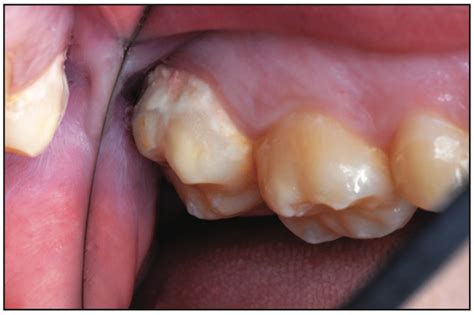
Maintain Consistent Speeds
Once you reach your desired speed, try to maintain it as consistently as possible. Using cruise control on highways is an excellent way to prevent speed fluctuations that waste fuel. Avoid rapid changes in speed, especially when going uphill or downhill, as your car has to work harder to compensate.
Anticipate Traffic
Looking far ahead and anticipating traffic flow can help you avoid unnecessary stops and accelerations. If you see a red light or slowing traffic up ahead, ease off the accelerator early and allow your car to slow down naturally, minimizing the need for hard braking and subsequent hard acceleration.
Optimize Your Vehicle’s Performance
Your car’s condition plays a huge role in its fuel efficiency. Regular checks and maintenance can make a surprising difference.
Proper Tire Pressure
Underinflated tires increase rolling resistance, forcing your engine to work harder and consume more fuel. Check your tire pressure regularly – at least once a month – using a reliable gauge. The recommended pressure is usually found on a sticker inside your driver’s side door jamb or in your owner’s manual. Properly inflated tires also improve handling and extend tire life.
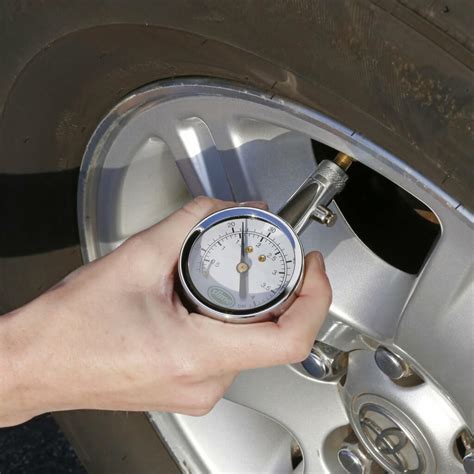
Regular Maintenance and Tune-ups
A well-maintained engine runs more efficiently. Ensure you stick to your vehicle’s recommended service schedule, including oil changes, air filter replacements, and spark plug checks. A dirty air filter can restrict airflow to the engine, making it work harder, while worn spark plugs can lead to inefficient combustion.
Lighten the Load
Every extra pound your car carries reduces its fuel efficiency. Remove any unnecessary items from your trunk or back seat. That old toolkit you rarely use, or sports equipment lingering from weeks ago, all add up. A lighter car requires less power to move.
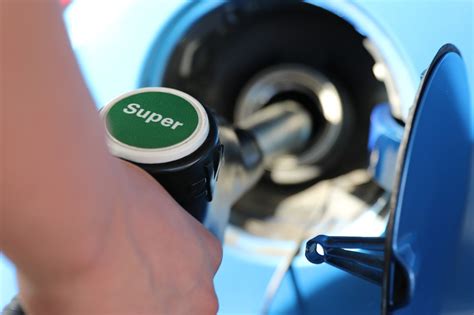
Improve Aerodynamics
Roof racks, bike carriers, and even open windows at highway speeds can create drag, increasing fuel consumption. If you don’t need your roof rack, remove it. Close windows and use your car’s ventilation or air conditioning (sparingly, as AC also uses fuel) at higher speeds to maintain better aerodynamics.
Smart Planning and Lifestyle Adjustments
Beyond how you drive and maintain your car, strategic planning can also lead to significant savings.
Combine Trips and Plan Routes
Cold engines consume more fuel. Combining multiple errands into one longer trip reduces the number of “cold starts” and allows your engine to reach its optimal operating temperature. Also, plan your routes using navigation apps to avoid traffic jams and find the most efficient paths.
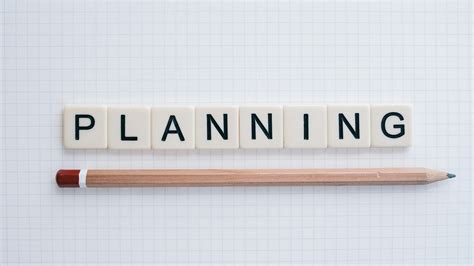
Avoid Excessive Idling
If you’re going to be stopped for more than 30 seconds (excluding traffic light stops), it’s generally more fuel-efficient to turn off your engine and restart it when ready. Idling achieves 0 miles per gallon and still consumes fuel.
Consider Alternatives
For shorter distances, consider walking or cycling. For longer commutes, explore carpooling or public transport options for a few days a week. Every trip not taken by car is 100% fuel saved.
Conclusion
Optimizing your driving habits and vehicle care isn’t just about saving money; it’s about becoming a more conscious and efficient driver. By embracing smooth driving techniques, diligent vehicle maintenance, and smart trip planning, men can take charge of their fuel consumption, significantly reduce monthly costs, and even contribute to a greener environment. Start implementing these tips today, and watch your fuel savings grow.
